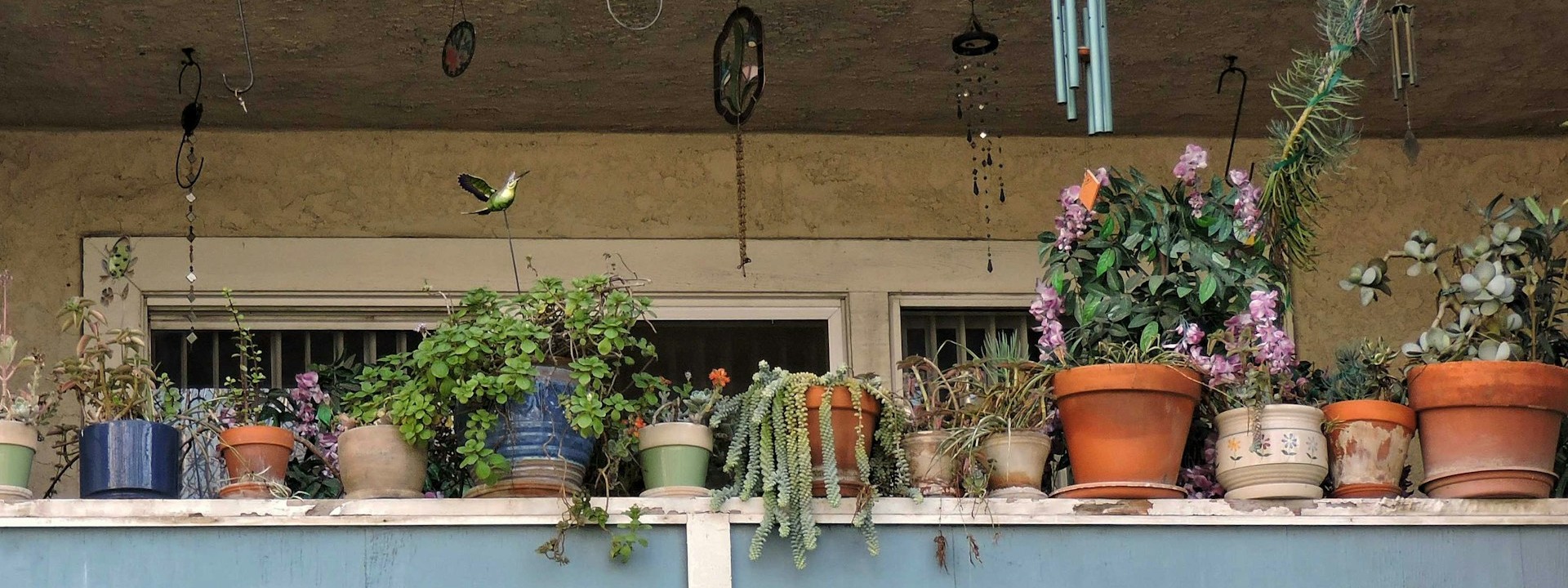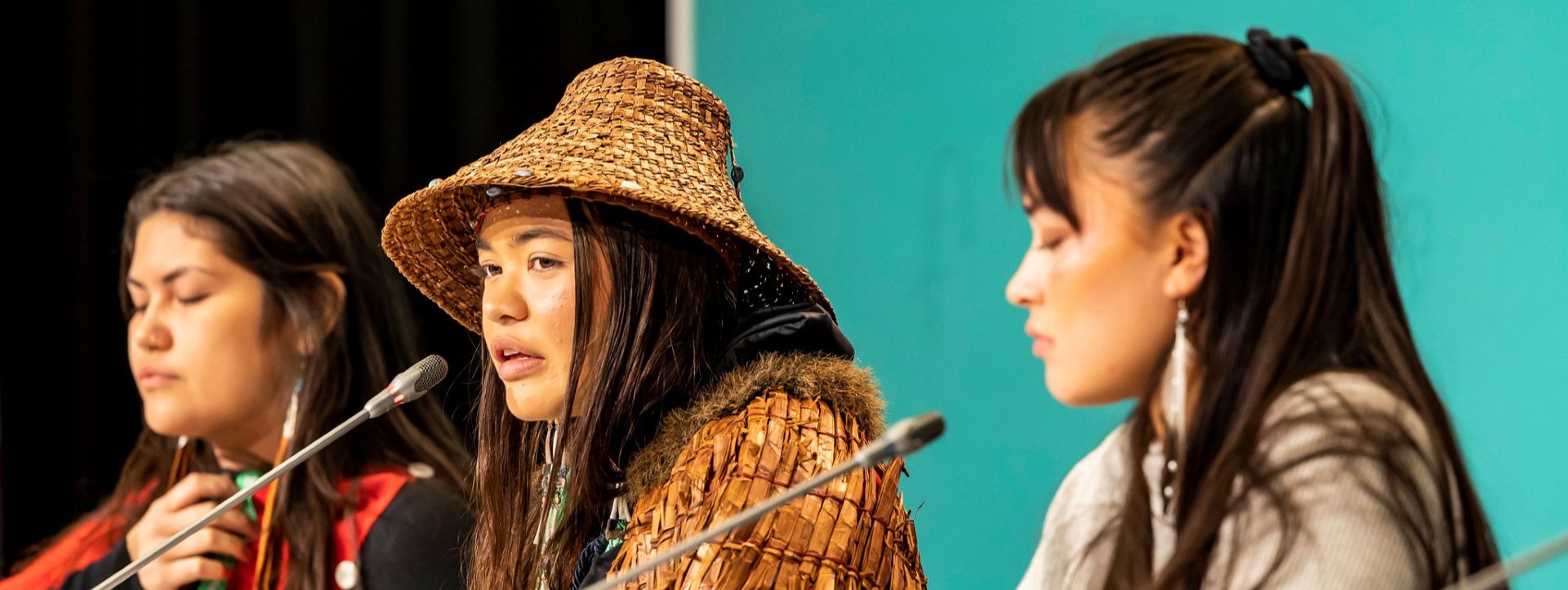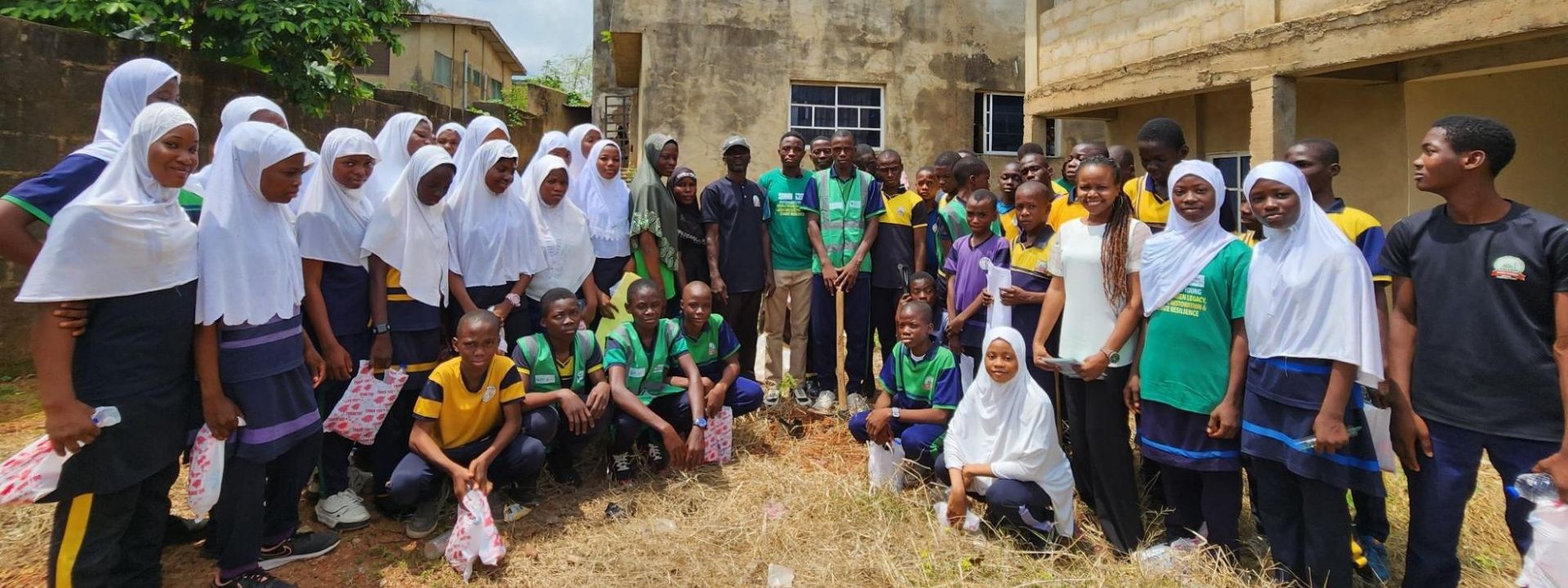
Zimbabwe – ©Brent Stirton Getty Images for FAO, CIFOR, CIRAD, WCS
The Sustainable Wildlife Management (SWM) Programme innovates on wildlife conservation and food security
FOR IMMEDIATE RELEASE | Version française ici
BONN, Germany (15 September 2022) – In the Congo Basin, over two million metric tonnes of wild meat – equivalent to tens of millions of individual animals – is harvested every year.
Subsistence hunting is a vital and healthy source of protein and income for many Indigenous and rural communities. But as human populations grow, unsustainable levels of hunting are decimating wildlife populations in many areas – particularly where wild meat is hunted commercially for sale in cities where it fetches high prices. Around 285 mammal species worldwide are threatened with extinction due to hunting for wild meat, with devastating cultural and food security impacts for those who rely on them. As we’ve seen internationally in recent years, the unregulated wildlife trade can also pose significant risks for the emergence of zoonotic diseases such as COVID-19 and monkeypox.
The Sustainable Wildlife Management (SWM) Programme is working in 13 countries across the African continent – and beyond – to develop holistic, multi-scale solutions to the problem of wildlife overharvesting. These include working on legal and institutional reforms, wildlife management, alternative protein production supply, wild meat demand reduction through behavior change campaigns, reducing human-wildlife conflict, and monitoring health risks.
“We must manage the use of wild species for food looking at the whole range of possible options from pure conservation to sustainable use to domestication. We can’t simply tell people depending on wildmeat as their main source of protein simply to stop eating meat without giving them affordable and healthy alternatives,” said Center for International Forestry Research (CIFOR) Director-General Robert Nasi, during the launch of a new digital tour of the SWM Programme projects, starting with Africa, which formed part of the GLF Africa 2022 digital conference held on September 15, 2022.
Stella Asaha, the site coordinator of the SWM Programme in the Democratic Republic of Congo (DRC), shared some of the prominent challenges for wildlife conservation in the project area, which is located in and around the Okapi Wildlife Reserve – one of the most diverse wildlife ‘hotspots’ on the continent. The reserve occupies about one-fifth of the Ituri forest and its resources are essential for local communities and Indigenous People.
“The rich natural resources of this site, including underground resources, is a great challenge to us, as it attracts a lot of people,” said Asaha. So far, the SWM Programme in DRC has focused on gaining knowledge about sustainable hunting and engaging with its pilot communities on this topic through games, as well as using camera traps to learn more about current wildlife populations. The team is also supporting communities to develop alternative livelihoods and alternative protein sources, such as palm larvae production, bean cultivation, and poultry keeping. “One of our main achievements is engaging communities in sustainable businesses,” she said. “And within the cities, we are establishing contacts with enterprises to increase the production of chicken.”
Brent Stirton, a photographer for National Geographic, shared thoughts and experiences related to some of the photos he contributed to the SWM Programme’s virtual exhibition space – which is freely accessible on the organization’s web portal alongside a plethora of guides, training materials, publications, and videos. “Food security is all about educating people for a level of coexistence,” he reflected at the conclusion of his presentation. “The communities where we find people who are very reliant on this trade, they need to understand that this is not a movement against them; this is a movement that is considering their future as well as the future of nature. So trying to find that core balance is a very important thing here, and it’s not easy. But the more we talk about it, the more we can suggest alternatives, and the more trust there could be between all these different groups. That’s key to finding a solution for a really viable future.”
#ThinkLandscape #GLFAfrica #SWMProgramme
###
NOTES TO EDITORS
-
To request an interview, visuals or more information about the SWM Programme’s virtual tour and projects, please contact Kelly Quintero at k.quintero@cgiar.org.
-
Learn more about #GLFAfrica at bit.ly/GLFAfrica2022
____________
About the Sustainable Wildlife Management (SWM) Programme
The SWM Programme is an Organisation of African, Caribbean and Pacific States (OACPS) initiative, which is being funded by the European Union (EU) with co-funding from the French Facility for Global Environment (FFEM) and the French Development Agency (AFD). The activities are implemented by a consortium of partners which includes the Food and Agriculture Organization of the United Nations (FAO), the Center for International Forestry Research (CIFOR), the French Agricultural Research Centre for International Development (CIRAD), the Center for International Forestry Research (CIFOR) and the Wildlife Conservation Society (WCS). Find out more at https://swm-programme.info
About the Global Landscapes Forum
The Global Landscapes Forum (GLF) is the world’s largest knowledge-led platform on integrated land use, connecting people with a shared vision to create productive, profitable, equitable & resilient landscapes. Learn more at www.globallandscapesforum.org. The GLF Africa digital conference has been made possible through the generous support of Federal Ministry for Economic Cooperation and Development of Germany (BMZ), Federal Ministry for the Environment, Nature Conservation, Nuclear Safety and Consumer Protection of Germany (BMUV), the Government of the Grand Duchy of Luxembourg, the Food Systems, Land Use and Restoration Impact Program (FOLUR), the Global Environment Facility (GEF) and the Robert Bosch Foundation.








Share your thoughts with us